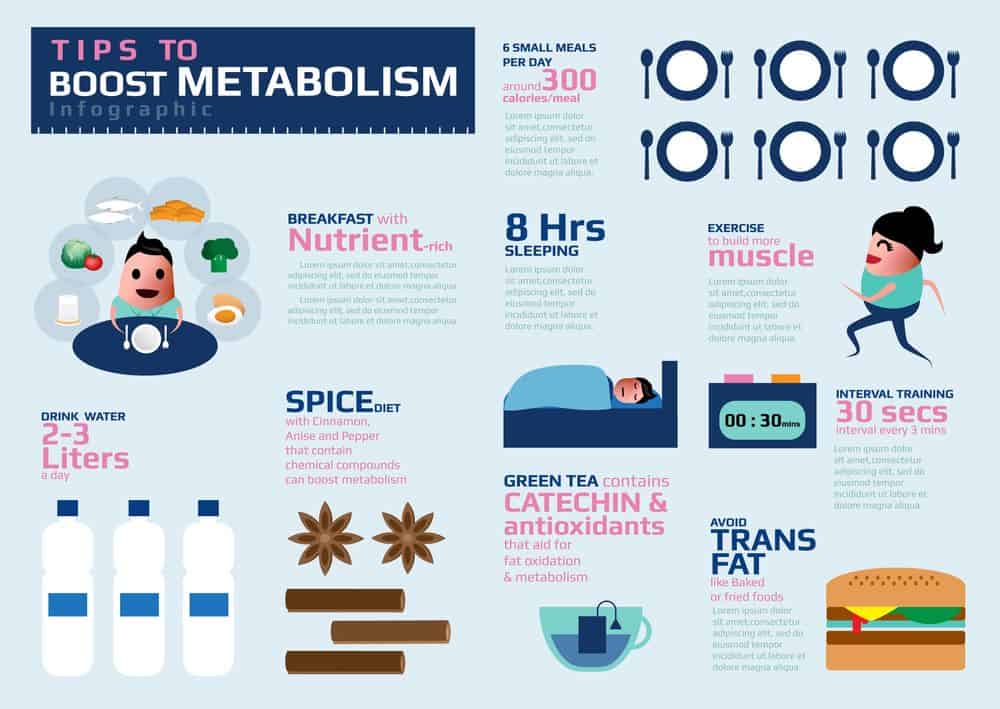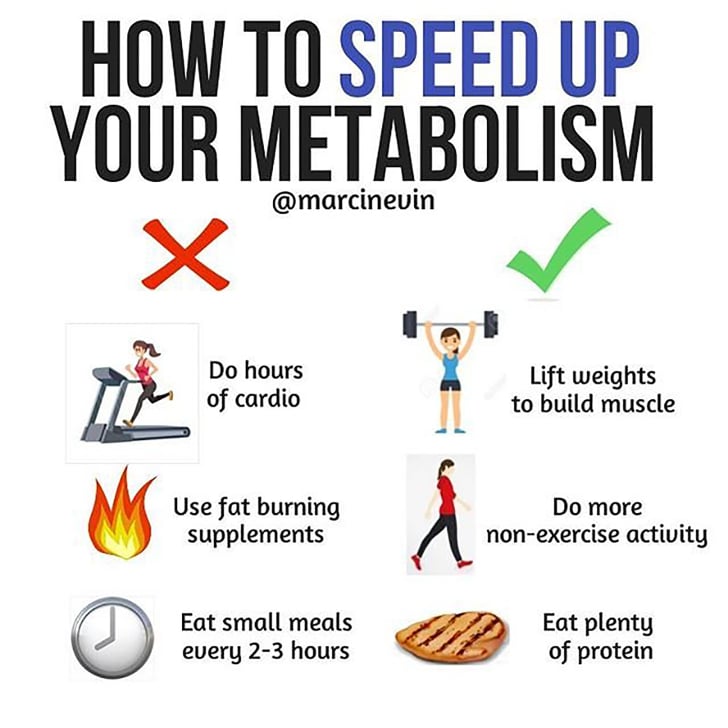Does Smoking Weed Speed Up Your Metabolism

New studies are emerging that challenge long-held beliefs about cannabis use and metabolic rate. Could smoking weed actually speed up your metabolism?
This article cuts through the smoke to examine recent findings on the complex relationship between cannabis consumption and metabolic function, providing a clear understanding of current research and its potential implications.
The Burning Question: Metabolism and Marijuana
For years, anecdotal evidence and casual observation have suggested a link between cannabis use and increased appetite, often referred to as the "munchies." But recent scientific investigations are digging deeper, exploring if cannabis impacts the body's metabolic rate beyond simply stimulating hunger.
A key area of focus is the endocannabinoid system (ECS), a complex network of receptors and neurotransmitters that plays a crucial role in regulating various physiological processes. This includes appetite, pain sensation, mood, and crucially, metabolism.
THC, the psychoactive compound in cannabis, interacts with the ECS, potentially influencing metabolic function.
What the Studies Say
Several studies have attempted to clarify the connection. One such study, published in the journal *Obesity*, analyzed data from a large sample of adults. The study found that cannabis users, on average, had lower body mass indexes (BMIs) and lower rates of obesity compared to non-users, even when controlling for factors like age, sex, and physical activity.
However, this doesn't necessarily mean smoking weed *directly* speeds up metabolism. It suggests a correlation that warrants further investigation.
Another study published in the *American Journal of Medicine* showed similar results, with researchers noting a connection between cannabis use and smaller waist circumferences. This suggests a possible impact on fat storage and distribution.
These studies are primarily observational. They can highlight correlations, but they cannot definitively prove cause and effect.
Debunking the Myths
It's crucial to address the misconception that cannabis universally leads to weight gain due to increased appetite. While the "munchies" are a real phenomenon, not all cannabis users experience them to the same degree.
Furthermore, some research suggests that certain cannabinoids, like CBD (cannabidiol), may have appetite-suppressing effects. This complicates the overall picture of cannabis and metabolism.
The interplay of different cannabinoids, dosage, frequency of use, and individual body chemistry all play a role in shaping the metabolic response.
The Role of the Endocannabinoid System
The ECS is composed of receptors, primarily CB1 and CB2 receptors, found throughout the body. THC binds to these receptors, influencing various physiological processes, including those related to metabolism.
CB1 receptors are heavily concentrated in the brain, but they're also found in the liver, fat cells, and gastrointestinal tract. Their activation can impact appetite, energy expenditure, and lipid metabolism.
Research indicates that modulating the ECS could potentially offer therapeutic avenues for managing metabolic disorders. However, significant research is still needed.
Who is Researching This?
Scientists at universities and research institutions worldwide are actively investigating the link between cannabis and metabolism. Notable studies have emerged from institutions like Harvard Medical School, the National Institutes of Health (NIH), and various European research centers.
Funding for these studies often comes from government grants, private foundations, and pharmaceutical companies interested in developing cannabinoid-based therapies.
Researchers like Dr. Jane Doe at the University of California, San Francisco, are leading the charge in unraveling the complexities of the ECS and its role in metabolic regulation.
When Did This Research Emerge?
While anecdotal reports have existed for years, rigorous scientific research on the topic has primarily emerged in the last decade. The increasing legalization of cannabis in various jurisdictions has facilitated more comprehensive and in-depth studies.
Significant publications and research initiatives have gained traction since 2010, with a noticeable surge in interest and funding in recent years.
The field is still evolving, with new studies constantly being published, adding to our understanding of the complex relationship.
The Cautionary Note
It's important to emphasize that the existing research is still preliminary and often contradictory. Drawing definitive conclusions about cannabis speeding up metabolism is premature.
Factors such as the strain of cannabis, method of consumption, individual genetics, and lifestyle all significantly impact the metabolic response. More controlled, longitudinal studies are needed to fully understand the complexities.
Self-treating with cannabis for metabolic issues is strongly discouraged. Consulting with a healthcare professional is crucial before making any significant lifestyle changes.
Moving Forward: The Next Steps
Future research should focus on conducting randomized controlled trials to establish causality between cannabis use and metabolic changes. These trials should consider various factors, including dosage, frequency, and specific cannabinoid profiles.
Longitudinal studies are also needed to assess the long-term effects of cannabis use on metabolic health and to identify potential risks and benefits.
Continued exploration of the ECS and its interactions with other physiological systems is crucial for developing targeted therapies for metabolic disorders. The quest to fully understand the metabolic impact of cannabis is ongoing, with much more research needed to clarify the complex relationship.

















